A debate is growing in Zimbabwe over proposals to teach science and maths in local languages, with supporters arguing it would improve understanding, while critics warn of limited resources and poor planning.
Education Minister Torerai Moyo confirmed on 18 July that the government is drafting policy proposals, saying subjects like maths or physics taught in local languages could help learners grasp complex concepts.
By Ropafadzo Mashawi
The idea builds on earlier initiatives. Since 2016, Early Childhood Development classes have been taught in local languages, while the Midlands State University Language Institute has been translating science textbooks into Shona and Ndebele. In 2024, the project was expanded to all 16 national languages under a heritage-based learning programme.
Supporters say the approach will decolonise education, preserve indigenous knowledge and raise pass rates. Critics, however, question how it will work in practice and warn that Zimbabwe lacks the books, teachers and dictionaries needed to teach science in vernacular.
Peter Machenjera of the Progressive Teachers Union of Zimbabwe said that the policy was well-meaning but risked being “borrowed” from other countries without proper investment.
“China and Japan succeeded because they poured resources into education. Here, we still don’t have a clear language policy for all 16 official languages, and teachers are underpaid and demotivated,” he said.
Munyaradzi Masiyiwa from the Amalgamated Rural Teachers Union of Zimbabwe argued the policy could improve inclusivity by making STEM subjects accessible to rural pupils who struggle with English.
“It will make education more culturally relevant. Most learners are shy of English, and that affects their willingness to learn,” he said.
But veteran educationist Ben Moyo questioned the government’s ability to deliver. He pointed to ongoing complaints about infant classes being taught by teachers unfamiliar with local languages.
“When the government cannot meet infant education needs in mother tongue, how will it cope with secondary education in vernacular?” he asked. “We do not have the dictionaries or scientific terms in Ndebele or other languages. The book industry has collapsed, and without resources this risks being rhetoric.”


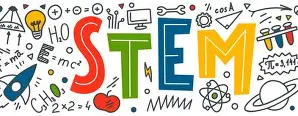
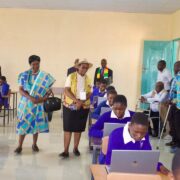
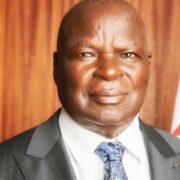


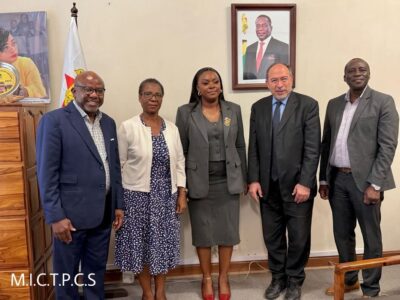


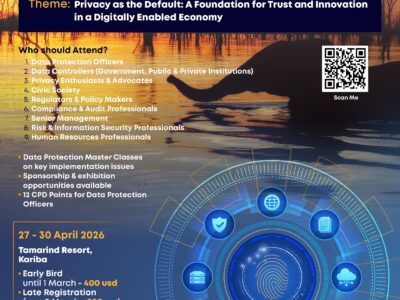



Comments